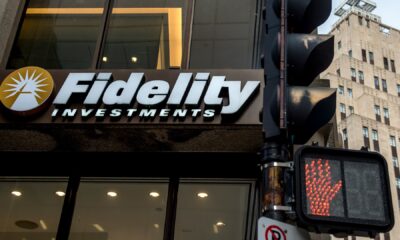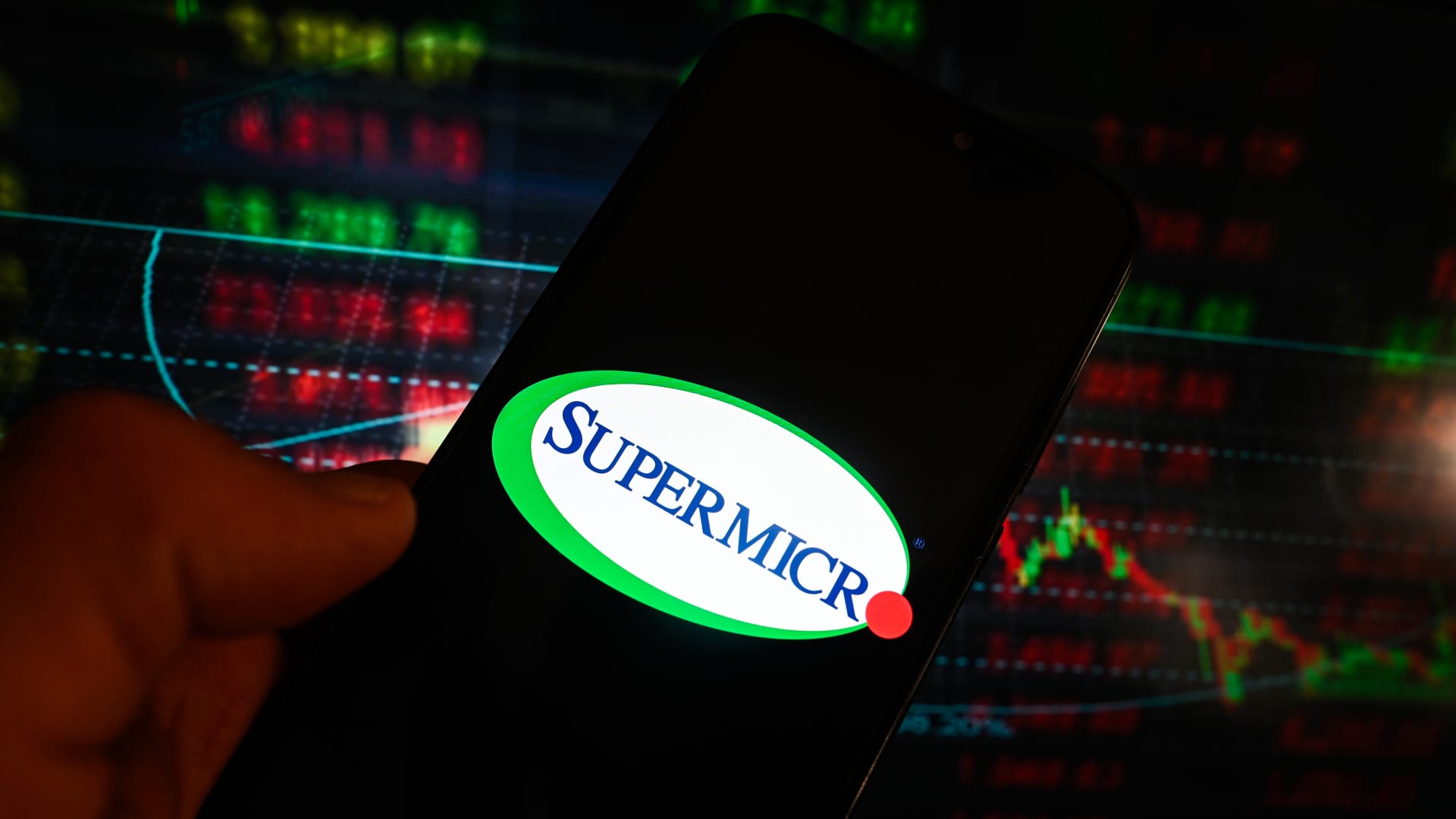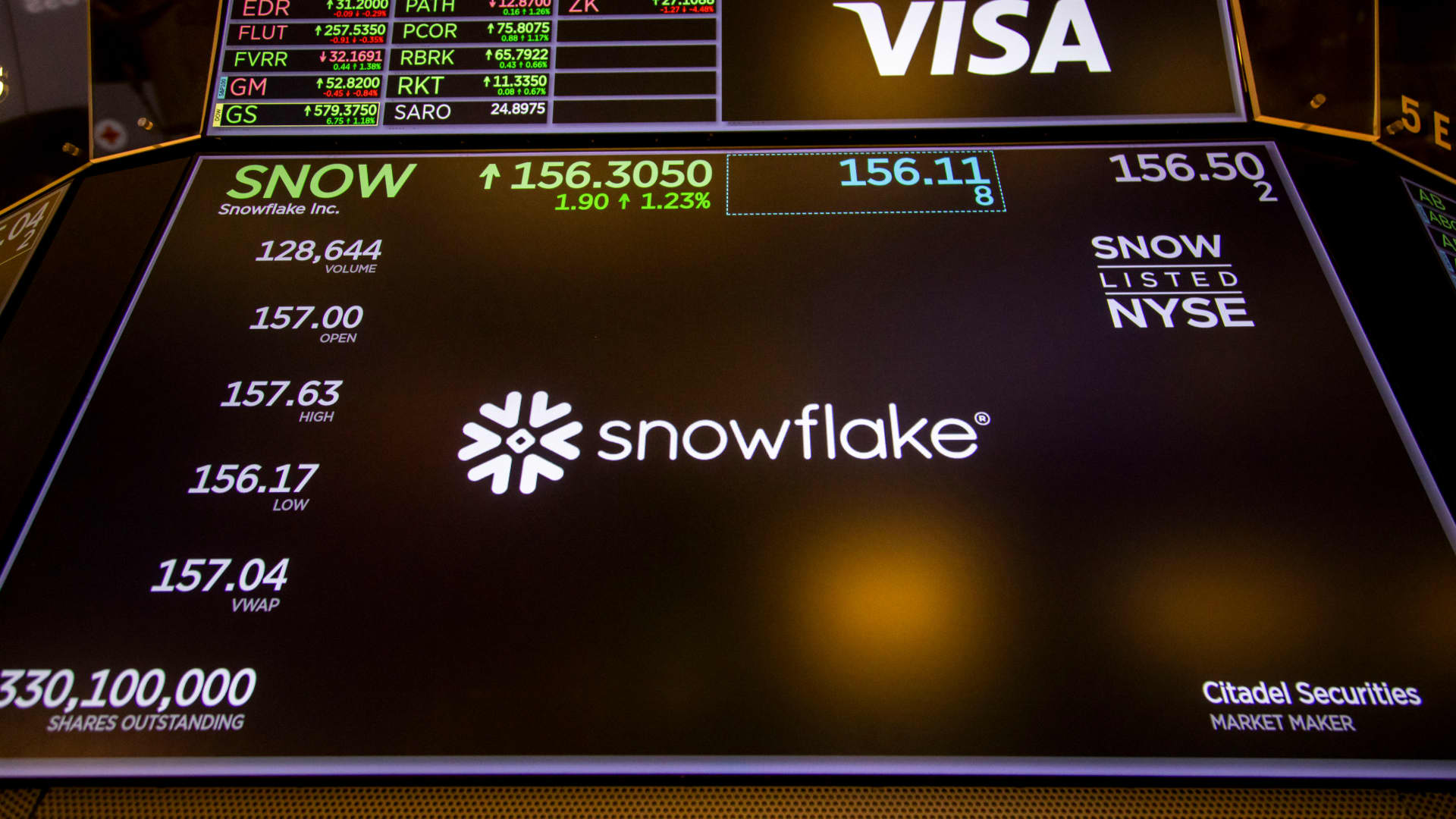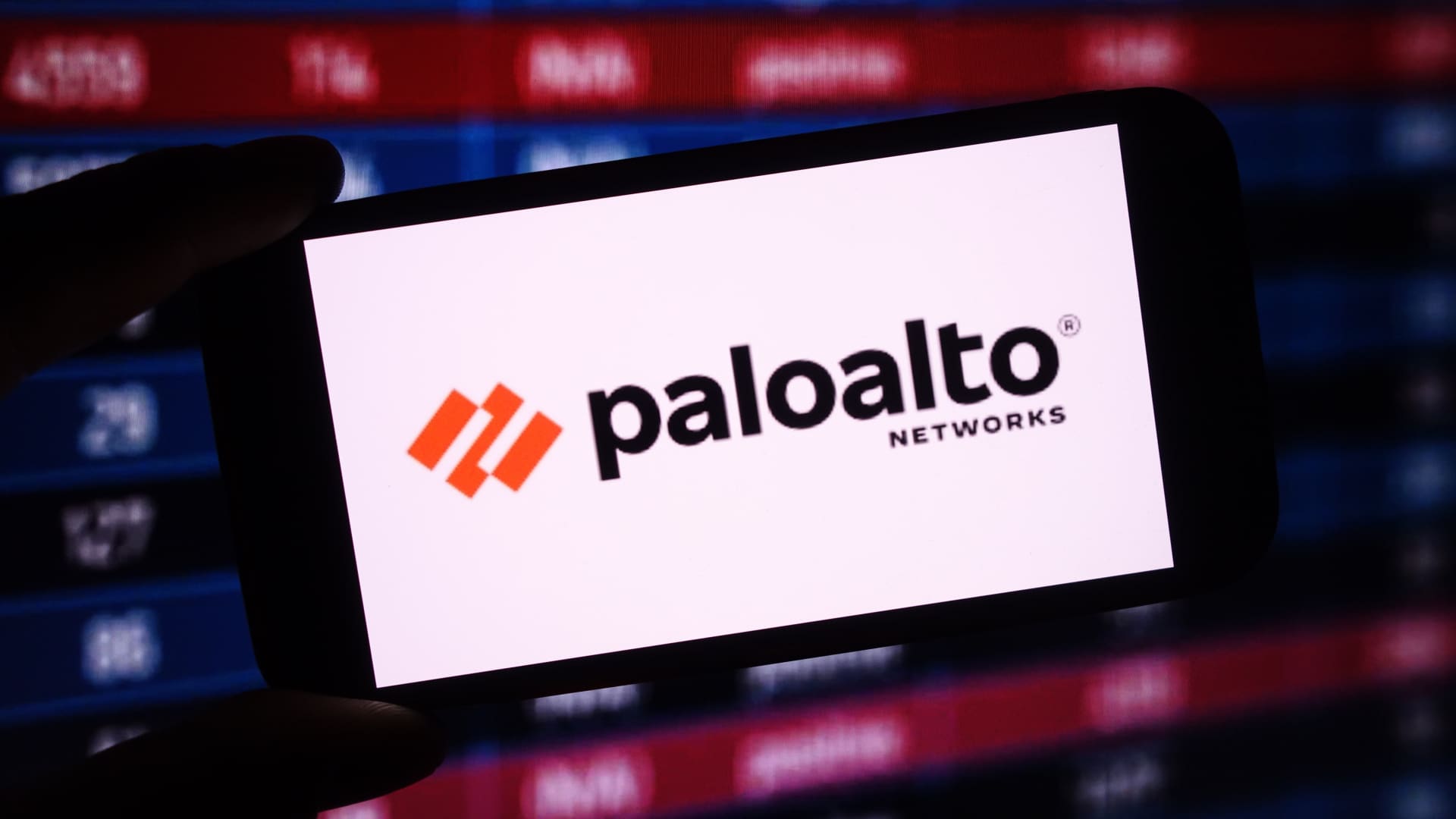Check out the companies making headlines before the bell: CVS — Shares jumped more than 8% after the pharmacy operator reported fourth-quarter results that beat analysts’ expectations. The company earned an adjusted $1.19 per share on revenue of $97.71 billion. Analysts polled by LSEG expected a profit of 93 cents per share on revenue of $97.19 billion. Full-year earnings guidance, meanwhile, was in line with analysts’ expectations. Super Micro Computer — The server builder surged more than 10% despite cutting its fiscal 2025 full-year revenue forecast . Super Micro now expects revenue for the period to come in between $23.5 billion and $25 billion, while analysts were calling for $24.92 billion, per LSEG. The company’s CEO, Charles Liang, also said he is “confident” the company will be able to file its delayed annual report by the Feb. 25 deadline. Upstart Holdings — Shares of the consumer lending platform gained more than 26% after its first-quarter guidance was stronger than expected. Upstart expects revenue of $200 million for the current quarter, more than the $193.8 million that analysts had penciled in, according to LSEG. Upstart’s fourth-quarter earnings and revenue also beat analysts’ expectations. DoorDash — Shares of the food delivery company advanced about 6% after its fourth-quarter revenue topped Wall Street’s expectations. DoorDash posted revenue of $2.87 billion for the period. Analysts surveyed by LSEG were looking for $2.84 billion. Restaurant Brands International — The Burger King and Popeyes owner gained more than 3% following its latest quarterly results . For the fourth quarter, Restaurant Brands International posted adjusted earnings of 81 cents per share on $2.3 billion in revenue. That may not be comparable to the 79 cents per share and $2.27 billion in revenue that analysts surveyed by LSEG were expecting. Lyft — The ride-share stock sank nearly 14% after fourth-quarter gross bookings and first-quarter bookings guidance missed expectations. Lyft said it generated $4.28 billion in bookings in the previous quarter and expects between $4.05 billion and $4.20 billion in the current period. Analysts expected $4.32 billion and $4.24 billion, respectively, according to FactSet. Vertiv Holdings — Shares fell more than 9% after the company’s guidance for the current quarter came in softer than expected. Vertiv expects adjusted earnings for the first quarter to come in between 57 cents and 63 cents per share, while analysts polled by FactSet had called for 63 cents per share. For the full year, the company expects adjusted earnings of $3.50 per share to $3.60 per share, with its midpoint below the $3.57 per share analysts had called for, per FactSet. Its fourth-quarter results beat on both the top and bottom lines, however. Zillow — Shares shed 5.6% after the real estate marketplace reported a revenue beat for its fourth quarter but provided weak guidance for its first quarter. Zillow said it expects quarterly revenue between $575 million and $590 million, falling short of the $599.8 million anticipated from analysts polled by FactSet. Compass Minerals — The industrial salt stock rallied 4.8% on the back of JPMorgan’s upgrade to overweight from neutral . JPMorgan said Compass can benefit from this winter’s colder temperatures. Meta Platforms — The social media stock was slightly higher in the premarket, extending its gains after the Facebook parent posted a 17-day win streak. That is the longest consecutive streak of gains for any Nasdaq-100 constituent going back to 1985. Gilead Sciences — The biopharma stock added 4% after posting fourth-quarter earnings and revenue that exceeded analysts’ expectations, per FactSet. Gilead also guided for full-year adjusted earnings of between $7.70 and $8.10, higher than the consensus of $7.61. The company likewise expects revenue to come in between $28.2 billion and $28.6 billion, versus the forecast $28.47 billion. Alibaba — U.S.-listed shares of the Chinese e-commerce company climbed more than 3% after The Wall Street Journal, citing a person familiar with the matter, reported that Apple recently submitted Apple Intelligence features that were developed in partnership with Alibaba for approval by China’s cyberspace regulator. Apple shares, meanwhile, were marginally higher on the heels of the report. — CNBC’s Fred Imbert, Alex Harring, Jesse Pound, Sarah Min, Lisa Kailai Han and Michelle Fox contributed reporting.

 Economics1 week ago
Economics1 week ago
 Economics1 week ago
Economics1 week ago
 Personal Finance1 week ago
Personal Finance1 week ago
 Economics7 days ago
Economics7 days ago
 Personal Finance1 week ago
Personal Finance1 week ago
 Economics1 week ago
Economics1 week ago
 Economics6 days ago
Economics6 days ago
 Personal Finance1 week ago
Personal Finance1 week ago









